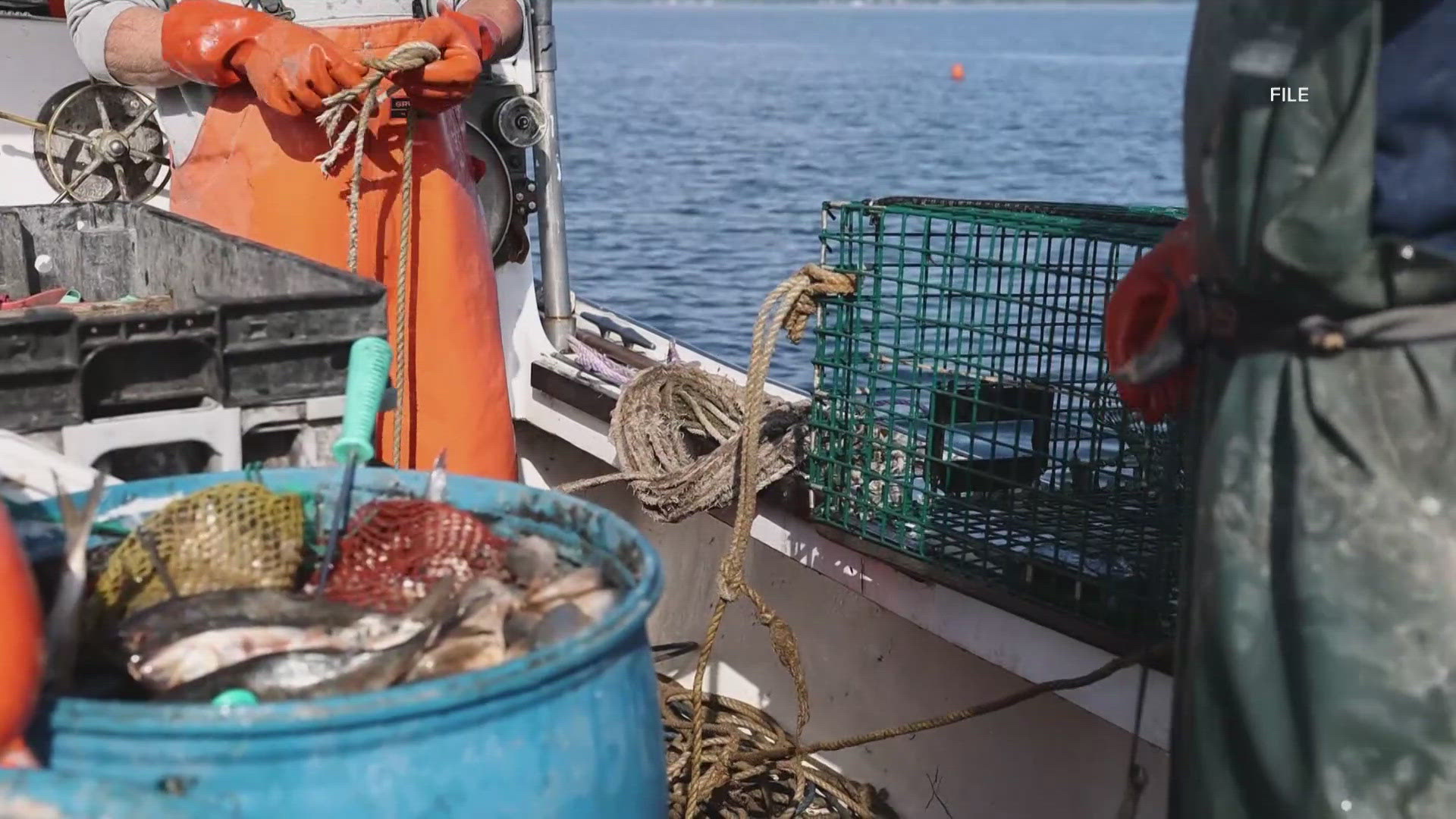PORTLAND, Maine — The Department of Homeland Security (DHS) and the Department of Labor (DOL) announced the approval of 64,716 additional H-2B temporary nonagricultural worker visas for Fiscal Year 2025.
H-2B visas help businesses across the country hire seasonal workers in jobs like tourism, landscaping, and seafood processing. The employment must be of a temporary nature, such as a one-time occurrence, seasonal need, peak load need, or intermittent need.
Nationally, some 66,000 congressionally mandated H-2B visas are available each fiscal year. With the new approval for additional visas, the total now reaches more than 130,000.
Maine senators Susan Collins and Angus King joined other senators in a push to increase the number of visas.
Sen. King said throughout America's history, the country's workforce has been supported by new people coming into the country. He explained like many states, Maine is heavily dependent on tourism.
"Every business that I talk to, workforce is their number one issue, and there are lots of solutions to it," King said. "Community college, training, all of those kinds of things. But certainly, one of the solutions is new people, and that's a fundamental part of our economy."
With Maine's aging workforce, and because the population doubles, if not triples, during the busy summer tourist season, King said he believes we need more workers who can adequately support the economy.
The H-2B supplemental rule includes an allocation of 20,000 visas to workers from Guatemala, El Salvador, Honduras, Haiti, Colombia, Ecuador, or Costa Rica. It also includes a separate allocation of 44,716 supplemental visas that would be available to returning workers who received an H-2B visa, or were otherwise granted H-2B status, during one of the last three fiscal years.
"Sometimes my friends say, 'Well they're taking American jobs.' They're actually saving American jobs," King said. "If you have a restaurant that needs 10 people and you can only find 6 American, Maine people to fill those jobs, if you don't have the other four, you either have to restrict your hours or close. And then you've lost 6 American jobs."
These additional H-2B visas represent the maximum permitted under the authority provided by Congress and are identical to the additional temporary visas provided in Fiscal Year 2024.
H-2B visas do not grant non-citizen workers with citizenship. Before hiring non-citizen workers with H-2B visas, employers must obtain certification from the DOL confirming that there are not enough U.S. workers who are able, willing, qualified, and available to perform the temporary work. The employer must also prove that employing H-2B workers will not adversely affect the wages and working conditions of similarly employed U.S. workers.
The maximum period of stay in H-2B classification is three years. A person who has held H-2B nonimmigrant status for a total of three years must leave and remain outside of the United States for an uninterrupted period of three months before seeking readmission as an H-2B.

